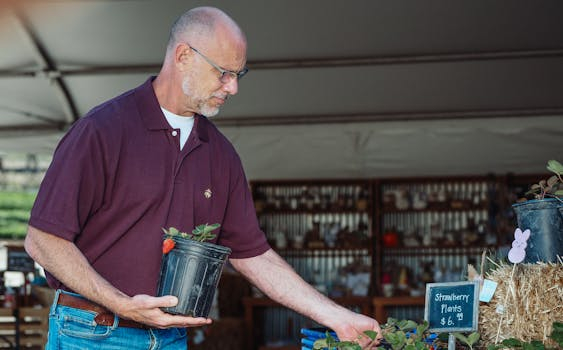Vertical Farming Specialists: Urban Agriculture Experts
In recent years, urban agriculture has been gaining popularity as a sustainable solution to food production in cities. With limited land availability and increasing population, traditional farming methods are becoming less practical. That’s where vertical farming comes in. As a method of producing crops in stacked layers, often in urban environments, vertical farming has seen a surge in demand and interest. And when it comes to this innovative form of agriculture, there’s no one better suited to consult and guide than Vertical Farming Specialists, also known as Urban Agriculture Experts.
What is Vertical Farming?
Vertical farming is the practice of cultivating crops in vertical stacks, using controlled-environment agriculture (CEA) technology. This method uses artificial control of light, humidity, temperature, and nutrients to grow plants in a soilless system. The idea behind vertical farming is to maximize crop production in a minimal space. It also helps to reduce the amount of water and energy needed for traditional farming methods, making it a more sustainable option.
The Rise of Urban Agriculture
The concept of urban farming is not a new one. In fact, it has been around for centuries, with people growing crops in cities to feed their families and communities. But with the growing trend towards sustainable living and the need for locally grown produce, urban agriculture has seen a resurgence. With limited land availability in cities, vertical farming offers a practical solution to grow fresh produce in a controlled environment.
The Role of Vertical Farming Specialists
Vertical farming may seem simple, but it requires expertise in various fields to be successful. That’s where Vertical Farming Specialists come in. With their knowledge and experience in agriculture, engineering, and technology, they are the go-to experts for setting up and maintaining a vertical farm.
Expert Consultation
Vertical Farming Specialists offer expert consultation services to help individuals and organizations understand the concept of vertical farming and its potential benefits. They take into account factors such as location, climate, and available resources to determine the feasibility and expected returns of a vertical farming project.
Design and Setup
Once the feasibility of a project is established, Vertical Farming Specialists work on designing and setting up the vertical farm. This involves creating a suitable environment for plant growth, installation of CEA technology, and developing an efficient layout for optimal use of space. They also provide recommendations on the best crops to grow based on the client’s requirements and market demand.
Maintenance and Support
A vertical farm requires constant monitoring and maintenance to ensure maximum crop productivity. Vertical Farming Specialists provide ongoing support to their clients, ensuring that the farm is running efficiently and producing high-quality crops. They also offer training and education to the farm’s staff to ensure they are equipped with the necessary skills to run the farm smoothly.
The Future of Vertical Farming
The demand for locally grown, fresh produce is only going to increase in the future. Vertical farming offers a sustainable solution to meet this demand, and Vertical Farming Specialists play a crucial role in making this a reality. With advancements in technology, the potential for vertical farming is limitless, and as more people realize its benefits, the industry is bound to see significant growth.
Conclusion
Vertical Farming Specialists are the experts to turn to when it comes to implementing and maintaining a successful vertical farm. With their knowledge, experience, and passion for sustainable agriculture, they are leading the way towards a more sustainable food production system. As urban populations continue to grow, the need for innovative solutions, such as vertical farming, will only become more pressing, making Vertical Farming Specialists an essential part of our future.







